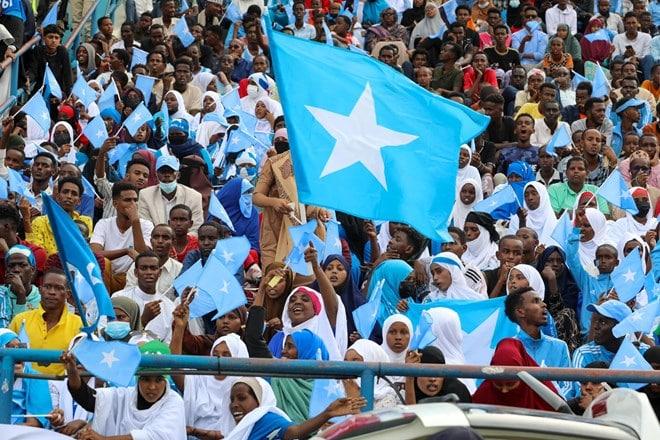
Situated in the Horn of Africa, Somalia’s road to independence was marked by a tumultuous blend of colonial rule, nationalist movements, and the aspirations of its diverse peoples. This journey, spanning decades of resistance and negotiation, culminated in the establishment of a sovereign state on July 1, 1960. Somalia’s independence not only symbolized liberation from foreign dominance but also ignited hopes for unity, development, and self-determination among its people.
Colonial Legacy and Resistance
Somalia’s colonial history traces back to the late 19th century when European powers, primarily Italy and Britain, carved up the region into spheres of influence. Italy occupied southern Somalia, establishing Italian Somaliland, while Britain controlled the northern regions, forming British Somaliland. Throughout the early 20th century, Somali nationalists fiercely opposed foreign rule, advocating for independence and the unification of all Somali-inhabited territories.
Path to Independence
The quest for independence gained momentum after World War II, as global decolonization movements reshaped international politics. Somali nationalists, inspired by leaders such as Sayid Mohammed Abdullah Hassan and Mohamed Ibrahim Egal, mobilized grassroots support and engaged in diplomatic efforts to secure self-rule. In 1960, following a United Nations-sponsored referendum, both Italian and British Somaliland gained independence and subsequently united to form the Somali Republic on July 1, 1960.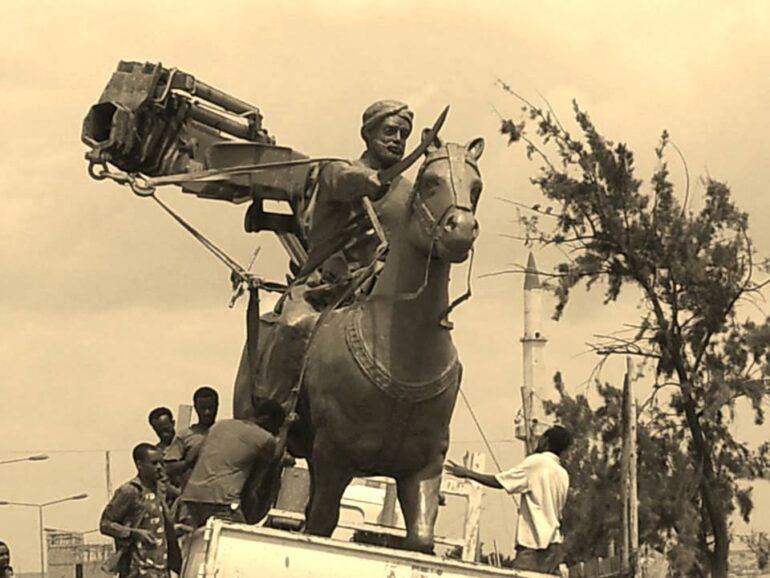
Unity and Challenges
Somalia’s independence was a moment of unity and optimism, as the newly formed republic embarked on nation-building efforts under the leadership of its first president, Aden Abdullah Osman Daar. The country sought to consolidate its diverse clans and regions into a cohesive national identity, emphasizing Somali nationalism and cultural pride. However, challenges soon emerged, including political instability, economic disparities, and tensions between clan-based interests.
Cultural Heritage and Identity
Somalia boasts a rich cultural heritage rooted in ancient traditions, nomadic lifestyles, and Islamic influences. The Somali language, Somali, serves as a unifying force among its people, spoken across the country alongside Arabic, which holds significance in religious and educational contexts. Traditional arts, such as poetry, dance, and handicrafts, reflect Somalia’s nomadic past and resilience in the face of adversity.
Contemporary Somalia
In recent decades, Somalia has faced significant challenges, including civil conflicts, humanitarian crises, and the presence of extremist groups. The country’s political landscape remains fluid, marked by efforts to rebuild institutions, promote reconciliation, and foster economic development. International partnerships and initiatives continue to support Somalia’s journey towards stability and sustainable growth, aiming to harness its strategic location and human capital for regional stability and prosperity.
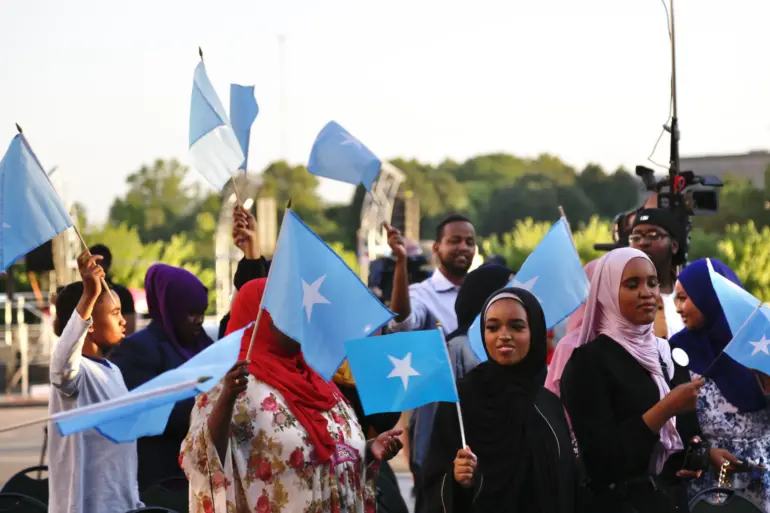
Somalia’s path to independence stands as a testament to the resilience and determination of its people to chart their own destiny. While the road has been fraught with challenges, Somalia’s rich cultural heritage, linguistic diversity, and spirit of unity continue to shape its national identity. As the country navigates the complexities of the modern era, the aspirations of its citizens for peace, prosperity, and self-determination remain steadfast, embodying the enduring legacy of Somalia’s struggle for independence.





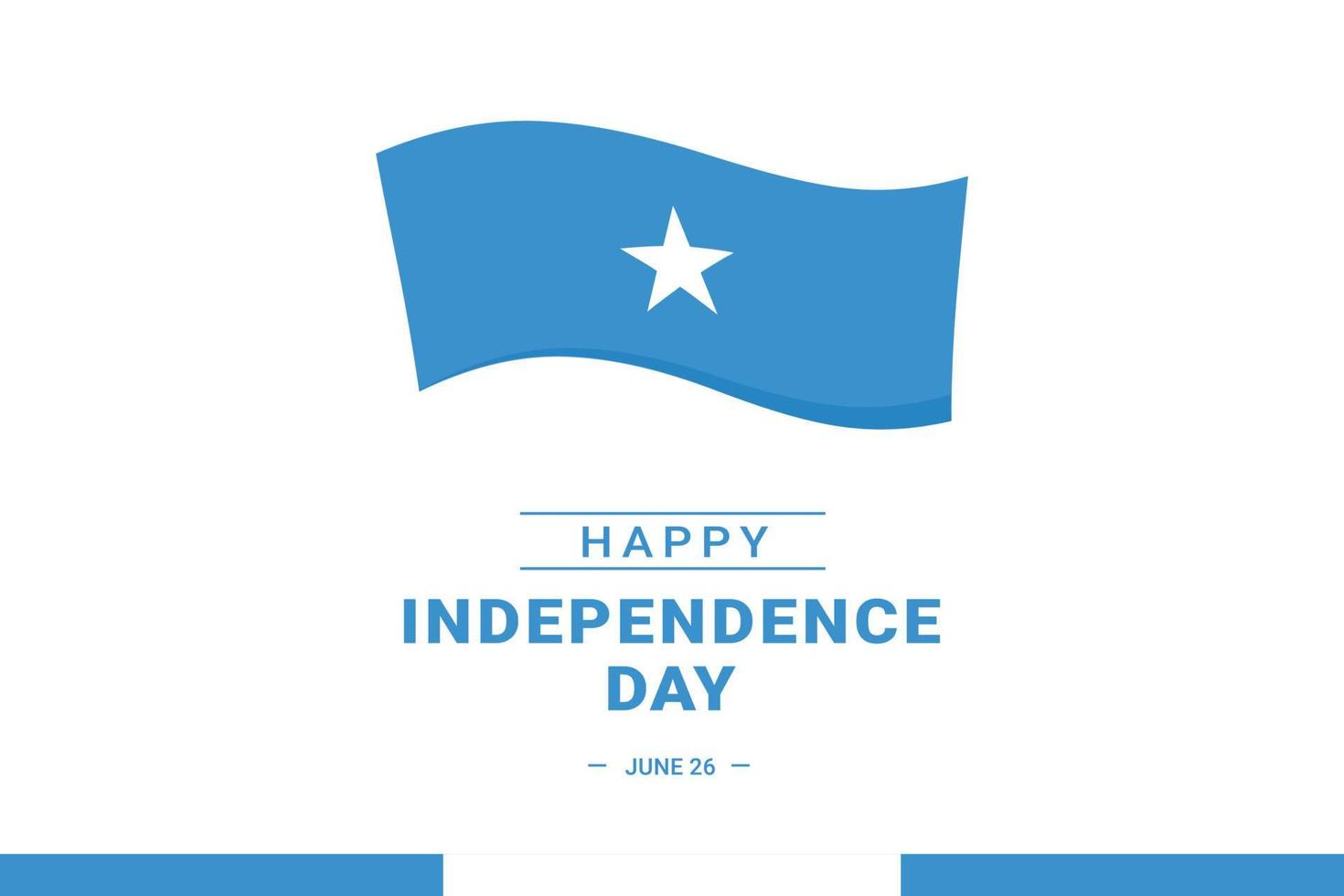













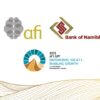


Post comments (0)